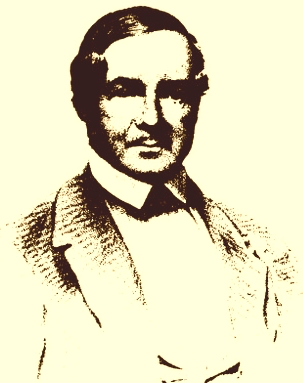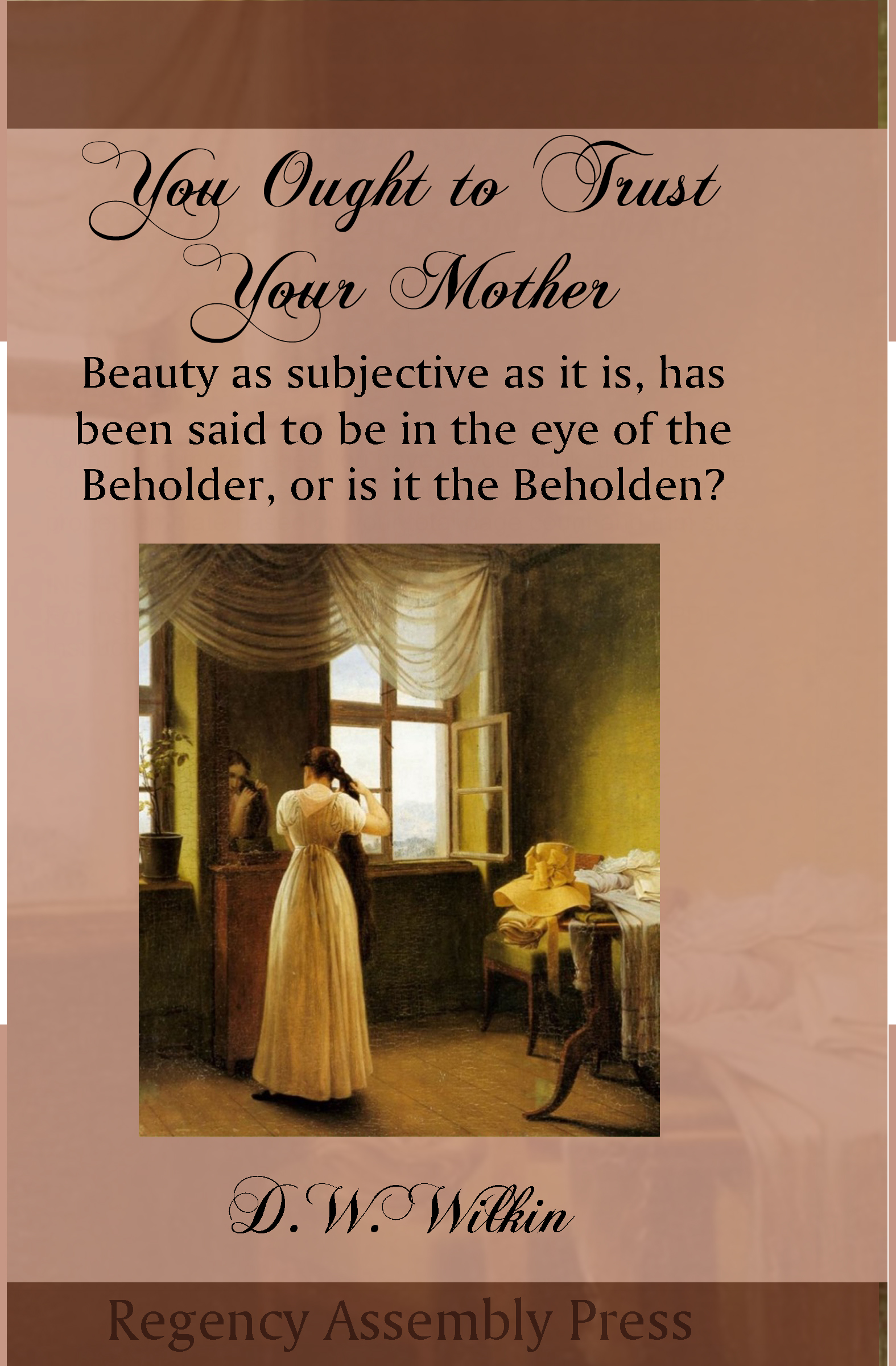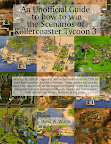Regency Personalities Series
In my attempts to provide us with the details of the Regency, today I continue with one of the many period notables.
Grantley Berkeley
10 February 1800 – 20 February 1881

Grantley Berkeley
Grantley Berkeley was the sixth son of Frederick Berkeley, 5th Earl of Berkeley, by Mary Cole, daughter of William Cole. He was the brother of William Berkeley, 1st Earl FitzHardinge,Maurice Berkeley, 1st Baron FitzHardinge, Henry FitzHardinge Berkeley, Thomas Berkeley, 6th Earl of Berkeley and Craven Berkeley and the nephew of Sir George Cranfield-Berkeley. He was educated at Corpus Christi College and the Royal Military Academy, Sandhurst. He joined the Coldstream Guards and afterwards the 82nd Regiment of Foot.
Berkeley sat as Member of Parliament for Gloucestershire West from 1832 to 1852 as a Whig. In 1836 he proposed the admission of ladies to the gallery of the House of Commons; this was granted in 1841. After 1852 he devoted himself largely to field sports and writing.
He established a summer seaside residence in the Mudeford-Highcliffe area, occupying Beacon Lodge, on the clifftop just east of Highcliffe Castle (then still being built). He did not own it – it was rented by other VIPs such as the Bishop of London in 1837, but he seems to have spent most summers here for at least two decades (presumably when the Commons was in recess).
Berkeley was the author of a number of books, including Berkeley Castle, Sandron Hall, or the Days of Queen Anne (1840), and My Life and Recollections, 4 volumes, (1865–66).
An aristocratic snob, and (as a younger brother) an earl manqué whose godfather was the Prince Regent, he was ‘known for his vanity and arrogance’.
In 1836, Berkeley assaulted magazine publisher James Fraser over a review he published in Fraser’s Magazine of Berkeley Castle. He subsequently fought a duel with the review’s author William Maginn. Three rounds of shots were fired, but no one was struck.
Berkeley married Caroline Martha Benfield (1804–1873), daughter of Paul Benfield (1741–1810) and wife Mary Frances, née Swinburne (1771–1828), on 16 August 1824. Their two sons Swinburne and Edward died in 1865 and 1878 respectively. Berkeley died on 20 February 1881, aged 81.






























